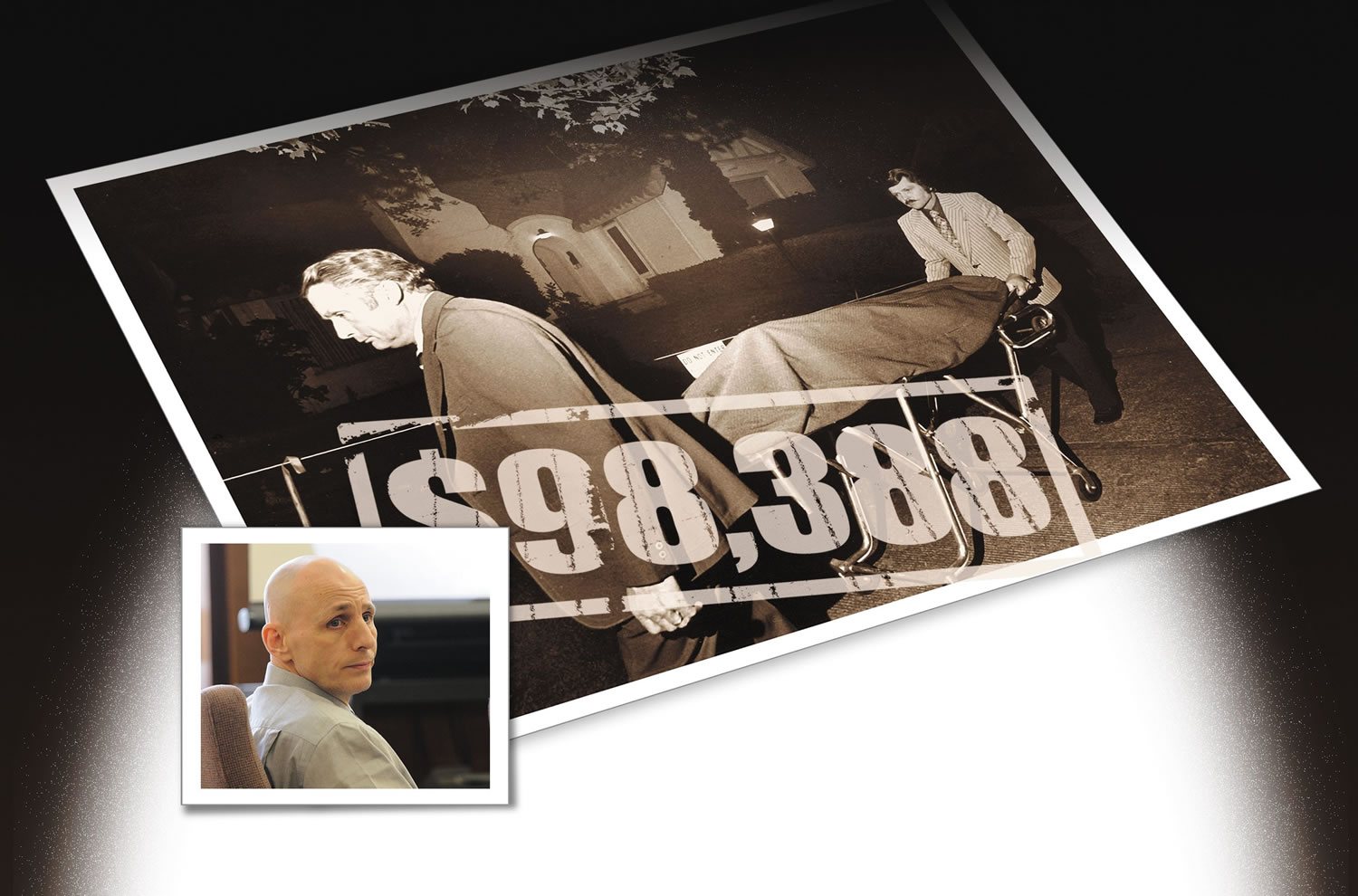“It’s like homicides. Some years there are a lot. Some years, there’s not,” Golik said. “Some years, we’re going to have more expensive years, more costly trials. We’ve been fortunate this biennium that we haven’t had that situation.” The year 2010 was unusual in that it racked up $66,052 in expenses for travel and lodging for witnesses and to pay for expert witnesses, compared with just $17,549 for witnesses in 2011.
The Hersh case drove up the 2010 overall costs, Golik said.
Attorneys not only had to pay DNA experts from throughout the country to review the Hersh case and travel here to testify, they had to round up more than a dozen other witnesses who had since moved away from Clark County. They included an investigator who now lives in Arizona.
But cases like that of Hersh don’t come around often, Golik said.
Here’s a list of the most expensive criminal court cases over the past three years. They take into account travel, food, lodging and expert witness costs as well as the amount paid to appoint defense attorneys and the defense witness costs. They do not include the salary of deputy prosecutors, as that amount is part of a separate budget of the prosecutor’s office. Overtime also isn’t included, as deputy prosecutors’ pay is salaried, not hourly.
Michael Hersh
The April 2010 trial of Hersh that resulted in his conviction on first-degree murder charges was by far the most expensive for Clark County in recent years, at $98,388.



